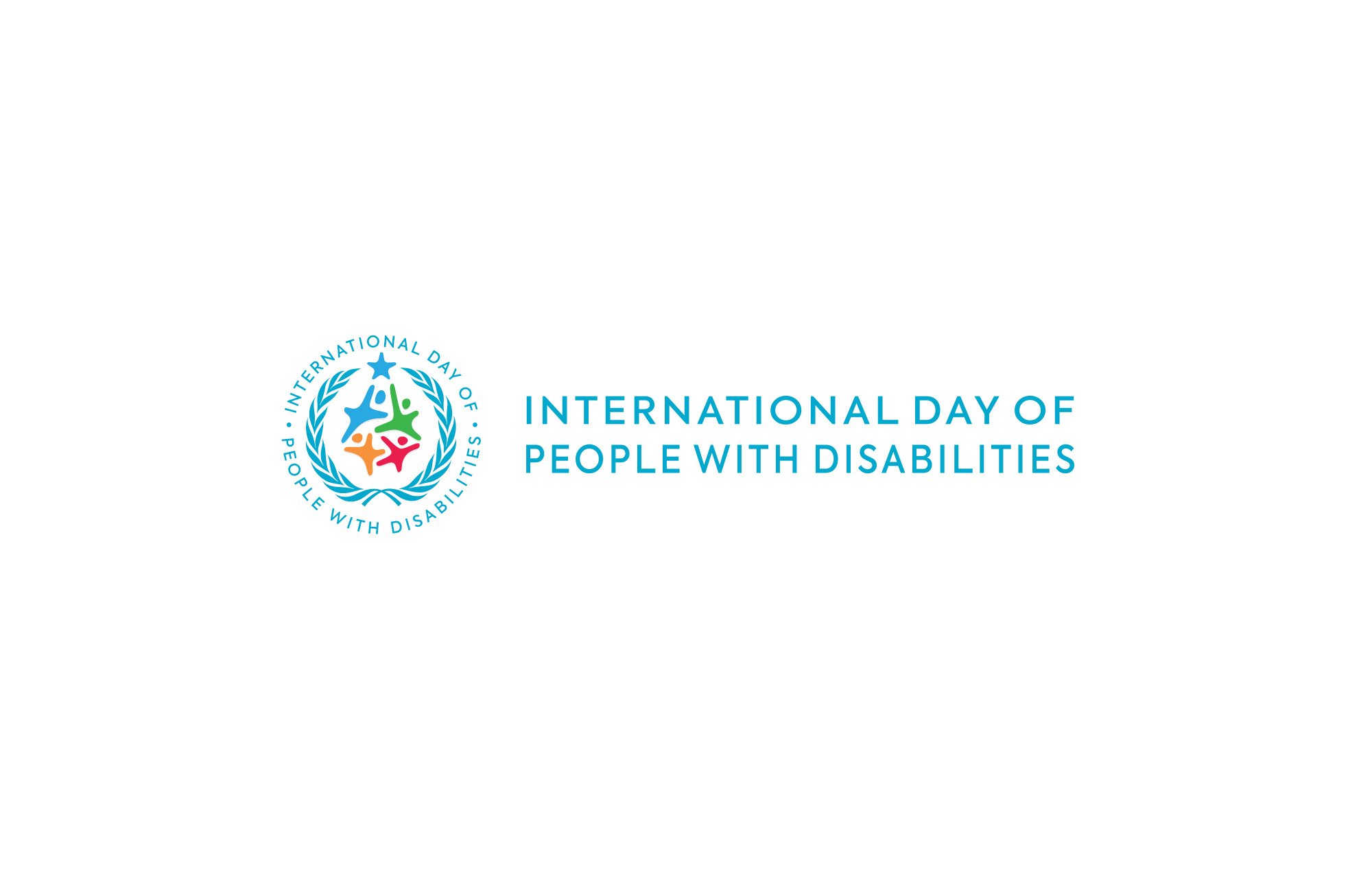The modern workforce represents a diverse tapestry of faiths and beliefs. Recognizing and embracing religious diversity is not only a legal requirement for organizations, but also a crucial stride toward fostering an inclusive and culturally vibrant workplace.
According to a 2022 analysis about religious discrimination in the workplace, published in Sage Journals, nearly three quarters of Americans consider religion to be an important aspect of their lives. The analysis, based on 194 interviews with people of various religious denominations, also noted that incidents of faith-related discrimination in the workplace are on the rise.
In today's ever-evolving world, creating an inclusive workplace is not just a trend but a strategic move to foster diversity. By embracing inclusivity, businesses can attract and retain employees who bring a wealth of knowledge, experience, and unique perspectives.
Supporting your employees and promoting a more inclusive company culture can present a unique set of challenges and opportunities for employers.
Title VII of the Civil Rights Act of 1964 offers protections for employees and job applicants from discrimination based on religion, as well as requiring employers to make reasonable accommodations for practitioners.
Religion is frequently overlooked when it comes to a company's diversity agenda, which is a significant oversight. This omission can lead to missed opportunities for establishing a workforce that is truly inclusive and representative. Moreover, it can also potentially expose the company to legal consequences.
The Importance of Religious Diversity
There are a multitude of different faiths practiced around the world ranging from major religions like Christianity, Islam, Hinduism, Buddhism, and Judaism to myriad other belief systems and spiritual practices, each with their own unique rituals, customs, and holidays.
A deeply personal and integral aspect of many people's lives, religion provides spiritual guidance and a sense of belonging and identity. As a result, an individual's faith often plays a crucial role in shaping their values, priorities, and daily routines.
Recognizing the deep-rooted link between faith and personal identity goes beyond mere tolerance and acceptance—it involves empowering your employees to embrace their true selves and express themselves freely, without any limitations.
This approach enriches an organization's culture, empowers employees to share their unique perspectives, and bring their distinct worldviews to the table.
Religious literacy is not only essential to maintaining an inclusive workplace, but can also improve your reputation and lead to better interactions with clients, partners and others within the industry.
Understanding the Legal Framework of Title VII
According to a report from Think Impact, an education and career-related data provider, as much as 3 percent of the United States workforce has faced religious discrimination at some point in their lives. The report went on to state that in 32 percent of instances, religion is used as a factor in hiring, with those who did not identify with any belief receiving the highest callback rate at 22 percent.
Under the Civil Rights Act, Title VII is a landmark legislation that prohibits discrimination and harassment based on religion, and requires employers to reasonably accommodate the beliefs and traditions of an employee or prospective employee, unless doing so would create an “undue hardship” on the employer.
More recently, the U.S. Supreme Court has revisited and broadened the standard for “undue hardship” in Groff v. DeJoy in 2023, stating that employers may now only refuse a request if it would cause a substantial burden on an employer’s business.
“For decades the Title VII has been under-enforced with many business owners thinking they could disregard employees' religious requests,” says Douglass Laycock, Professor at the University of Virginia School of Law, and a leading scholar in the areas of religious liberty.
By broadening the standard, Laycock says, companies will be more willing to adopt more inclusive policies for their employees, and will be expected to do more than the bare minimum to ensure their needs are met.
The law casts a wide net in its definition of "religion," which encompasses established, mainstream faiths such Christianity, Judaism, Islam, Hinduism, and Buddhism, as well as other beliefs that may not be associated with any formal church or sect, or that may have limited adherents.
It's crucial to note that Title VII does not recognize social, political, economic philosophies, or personal preferences as "religious" beliefs. However, what constitutes a religious practice can vary from person to person.
“A lot of things fall under the category of religious expression, from not working on Sundays to wearing a hijab,” says Laycock, referring to the traditional head covering worn by Muslim women throughout the world. “It’s also important to know that employers can’t force employees to participate in religious practices—like, for example, if an employer wanted to enforce group prayer in the office.”
A religious practice may be sincerely held by an individual even if newly adopted, not consistently observed, or different from the commonly followed tenets of a particular faith.
Title VII hinges on the individual's motive behind the practice. If it's driven by religious beliefs, it qualifies as lawful.
Reasonable accommodations can include any adjustment to the work environment that enables an employee to honor their beliefs.
This can include:
- Making schedule changes or granting leave for religious observances with optional/floating holidays
- Facilitating a dedicated physical space for prayer or meditation
- Considering shift changes or job reassignments when necessary to accommodate religious practices
- Making special allowances for attire or grooming practices aligned with an employee's beliefs
- Taking reasonable action to prevent or address harassing behavior from other employees and even customers
Title VII additionally bars differential treatment, workplace segregation, and retaliation against employees for exercising their rights under Equal Employment Opportunity (EEO) provisions.
Employers are encouraged to assess requests on an individual basis and provide adequate training to managers to handle such cases effectively. Communicating with other managers, human resources, or a company’s legal team can help create and clarify company protocols and policies to make a workplace more amenable.
While there are legal risks and ramifications for failing to adhere to Title VII, it's important to remember that the goal isn't simply compliance with laws and regulations but recognizing, respecting, and harnessing the unique contributions of everyone inside your organization.
Benefits of Religious Inclusivity in the Workplace
There are many practical benefits to making religious accommodations for employees.
According to Laycock, “employees who feel like their beliefs aren’t being respected or who aren’t allowed to express their religion often feel demotivated and end up leaving that job.”
In contrast, employees who feel their beliefs are respected tend to experience greater job satisfaction, improved mental health, higher morale, and an increased sense of belonging within the business, resulting in a higher retention rate.
When organizations embrace diversity, they can cultivate a more inclusive company culture that values differences and encourages mutual respect across all levels of the organization.
Understanding and respecting the cultural needs of employees can enhance a company’s ability to connect with a more diverse customer base. This can open doors to increased market reach and improved relationships with clients from a variety of cultural backgrounds, as well as positively impacting the bottom line.
Accommodating religious diversity is not merely a checkbox for compliance purposes. When done right, it can serve as a powerful catalyst for creating a workplace that thrives on inclusivity, mutual respect, and cultural understanding.
It's about actively embracing diverse belief systems and championing an ethical and moral responsibility to create workplaces where individuals are respected, regardless of their beliefs.
It’s less of a business strategy and more of a reflection of an organization's values and a statement of its commitment to creating a harmonious, socially responsible and culturally diverse organization.
InclusionHub is a crowd-sourced, online resource directory with the aim of raising awareness about accessibility and promoting a more inclusive company culture. To learn more about religious accommodations in the workplace, contact us today.






Leave a Comment